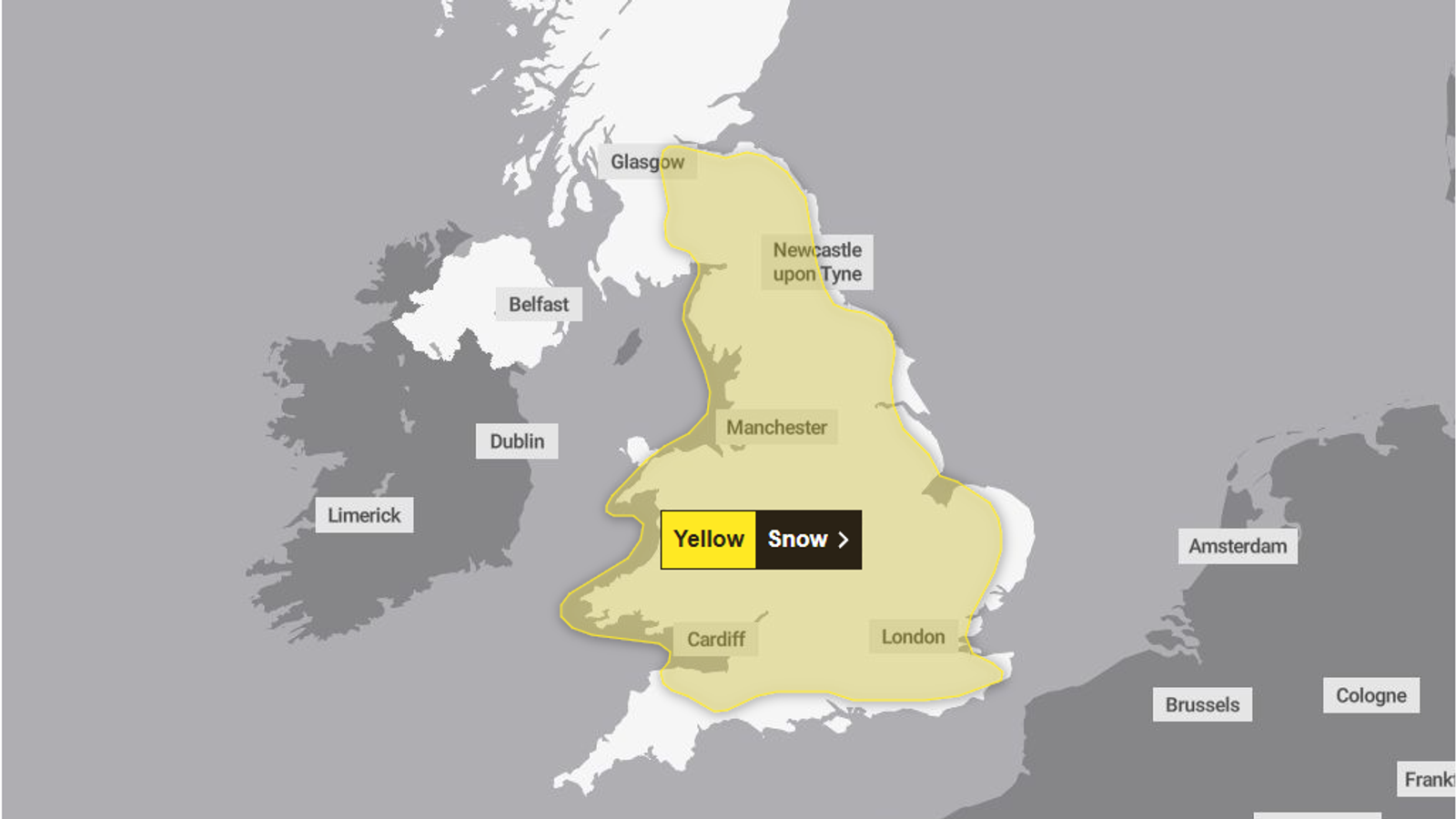World
Could Scots stomach a plant-based Christmas? It seems to be working in Denmark

Danish people are just as tied to their roast at Christmas time as the Scots are to turkey and pigs in blankets, but Denmark is making a massive shift to turn Christmas dinner into a plant-based feast. The country’s progress towards becoming a world leader in plant-based foods could inspire Scotland.
The Scandinavian country is on the cusp of transforming its countryside following a wide-ranging political agreement on a “Green Denmark”.

There are also significant economic benefits: A more plant-based diet helps people to live longer and reduces pressure on the health service, and, even if Denmark could corner just a small piece of the world’s plant-based “pie” – of up to 3% – it could create 27,000 jobs, according the Danish agricultural partnership AgriFoodTure.
A plant-based Christmas
A FUTURE Christmas menu could include seaweed or fermented mushroom which tastes like chicken – or turkey, as funding for developing both of these food stuffs has been supported by the Danish government.

Consumers in Denmark will increasingly come across lentils, beans and chickpeas at public sector canteens in hospitals and schools as well as in restaurants. This is due to practical initiatives including changes to public procurement practices and targeted chef training. Replacing meat at Christmas is unthinkable for many Danish and Scottish consumers, and leads to a heated public debate, not least, due to the impact on farmers and the wider food sector.
READ MORE: Major poll predicts winner of every Scottish seat in General Election – see full list
Pete Ritchie from Nourish Scotland believes that the Danes have managed to have a grown-up conversation about meat. It is not as straightforward to have a public debate on diet and health in Scotland, where there is a greater difference between the richest and poorest and how much they spend on food.
But the way Denmark has brought together different farming interest groups, as well as those on the side of the environment, could suggest a way forward for Scotland.
Agreement across sectors
DENMARK is now on the cusp of enacting various measures after a series of long and arduous rounds of negotiations. The first round included the Danish government and six other bodies including the Danish Society for Nature Conservation and the Danish Agriculture & Food Council (in other words, the rough equivalent of the NFU (Scotland)).
Following these negotiations, Denmark became the first country in the world to announce a carbon dioxide tax on livestock to be implemented from 2030. Other measures were agreed including massive land-use changes, curbing nitrogen run-off and restoring peatlands. Forty-three billion Danish kroner – or nearly £4.8 billion – has been allocated to implement the changes, including giving viable options to farmers who own some of the 10-15% of all agricultural land that will be reclaimed.
Plant-based food innovation will be boosted with funding now amounting to in excess of £118m for the period 2025 to 2030.
Ritchie believes it would be highly challenging to get the NFU in Scotland to agree to such wide-ranging changes, given their successful lobbying for the status quo to date and the lack of a strong lead from government.
The Agricultural Reform Route Map for Scotland echoes the Danish agreement in that it aims to support farming and food production to become a “global leader” in sustainable and regenerative agriculture, with schemes aimed at encouraging farms to cut emissions, enhance biodiversity and produce food sustainably.
READ MORE: Met Office issues new Scottish weather warnings for Hogmanay and New Year
Sadly, Ritchie says that this rhetoric is not matched in practice. Scotland failed to seize the opportunity that Brexit offered – namely, to devise its own agricultural policy, which could have been beneficial to farmers, consumers and the environment. After Brexit, Scotland has continued a system of direct payments similar to the European Common Agricultural, but subject to more environmental conditions.
In Denmark, there are calls from both environmentalists and the agricultural interest groups that the compromising was either too much or too little, and the public debate on the land reform and plant-based foods continues, not least on how it will be implemented in practice.
But perhaps Scotland can be inspired by the fact that an agreement between the agricultural lobby and the environmentalists was actually reached, that and the fact it should not be left behind in the race for a piece of the world’s “plant-based pie”.










